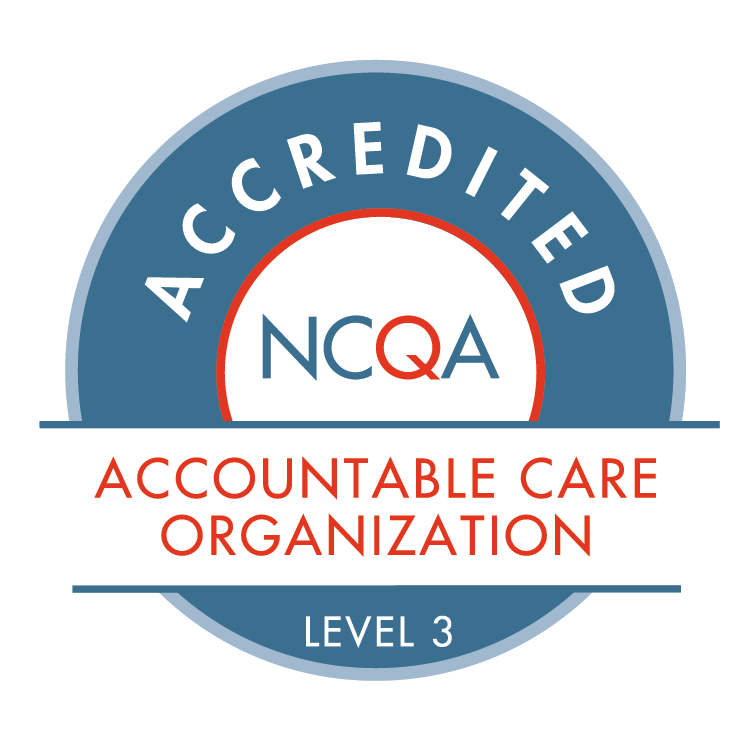Making behavioral health services more accessible through telepsychiatry.

“Most of our patients are comfortable speaking with a provider on a screen,” said Dr. Nallu Reddy, Chief of Psychiatry at Swope Health. “Children are particularly open to it, since they have grown up with this technology.”
Patients come to Swope Health for their telepsychiatry session, where a nurse checks the patient in and records vital signs. The sessions occur in a private room equipped with a video camera and large television monitor.
Video Chatting
Although video chatting via Facebook Messenger, FaceTime or Skype is commonplace, telepsychiatry is still in its infancy, though it is evolving for use in many settings, such as rural healthcare facilities; in emergency rooms; nursing homes; correctional institutions; schools; hospitals and military treatment facilities.
“One day, we will have the capability of visiting patients in their homes with portable equipment for vitals and tele-sessions, but solving the logistics of individual visits is much farther in the future,” said Dr. Reddy.
Currently, Dr. Reddy and her team are concentrating on developing partnerships with area residential treatment facilities, group homes and schools. The goal is to send a Swope Health nurse to these facilities to take vitals and facilitate individual tele-sessions for multiple patients during the time he or she is on-site.
“This would be efficient for us and convenient for patients because they would not have to physically come to a Swope Health location,” said Dr. Reddy.
The American Psychiatric Association
According to the American Psychiatric Association, telepsychiatry allows for direct interaction between the psychiatrist and the patient. It can include evaluations, therapy, group or individual counseling, patient education and medication management. The technology improves access to psychiatry services, reducing transportation barriers and often, reducing delays in scheduling.
In addition, research has shown that telepsychiatry is especially effective in the treatment of post-traumatic stress disorders (PTSD), depression and attention-deficit hyperactivity disorders (ADHD). Some people even prefer telepsychiatry to in-person encounters for the feelings of safety, security and privacy it offers.
At Swope Health, three psychiatrists provide tele-sessions for patients: Dr. Reddy; Dr. Khursheed Zia, who formerly practiced at Swope Health Central but now lives in Houston; and Dr. Charles Schwartz, who resides in New York. Dr. Reddy is poised to increase her tele-staff as demand for the service increases.
“About 10 percent of our patients are using the telepsychiatry service,” said Dr. Reddy. “In most cases, they were seen faster than those patients who were scheduled for traditional sessions.”
Dr. Reddy and her team plan to educate Swope Health patients about telepsychiatry and increase the number who access this service for the flexibility and immediacy it provides.
Like more information? Contact Swope Health Behavioral Services at 816-922-1070 to request an appointment.











Leave a Reply
Want to join the discussion?Feel free to contribute!